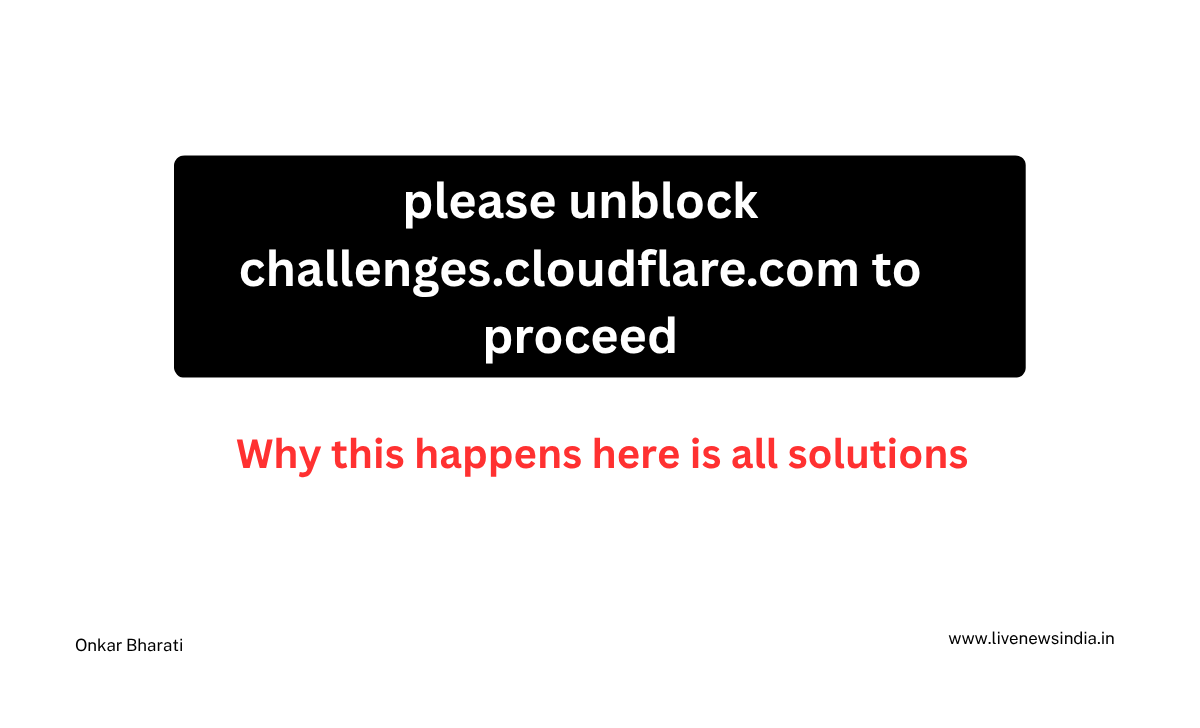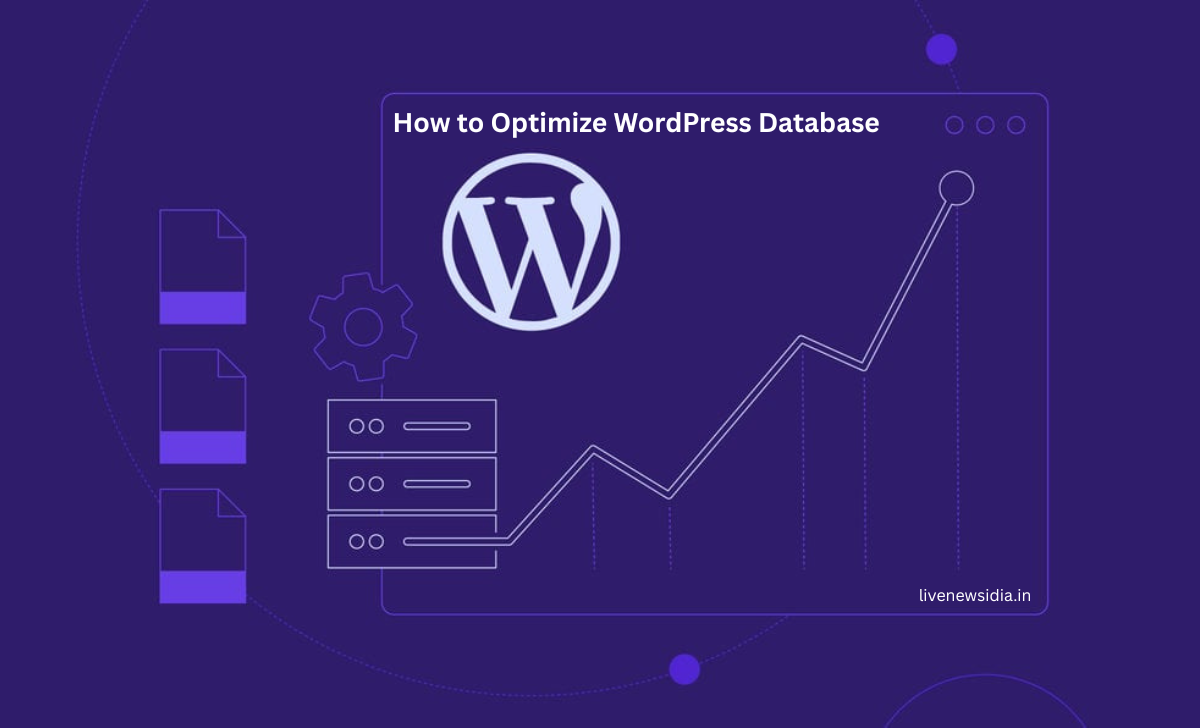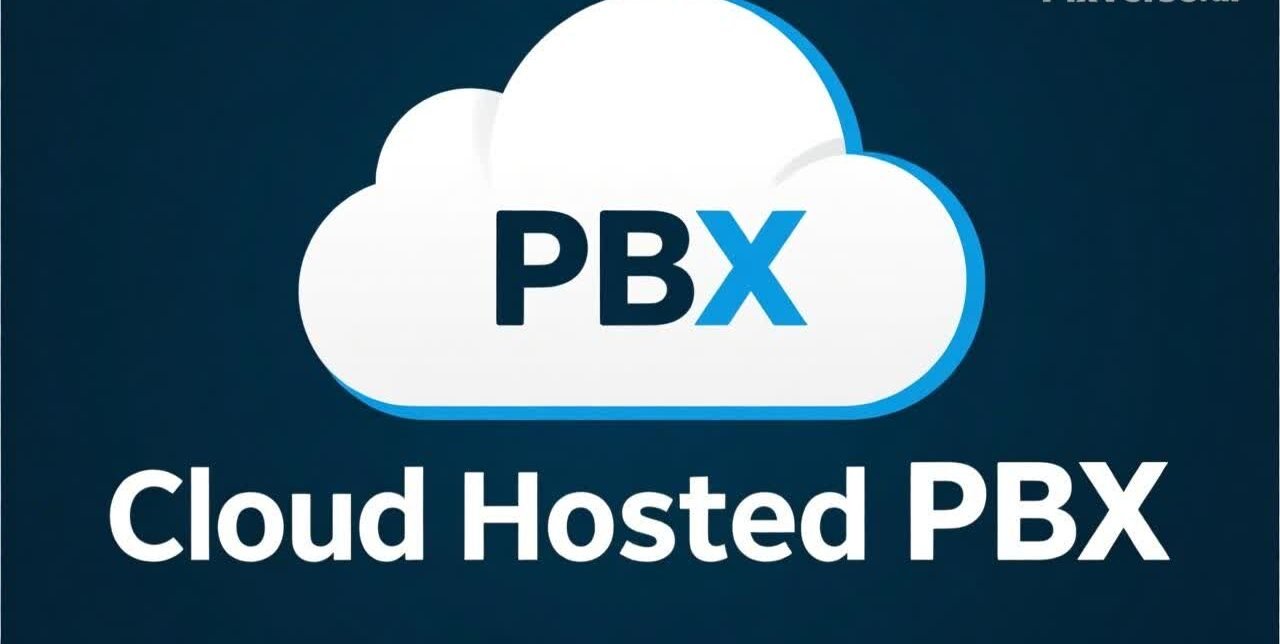Reseller Hosting Services Meaning : Complete Guide for Beginners
Reseller hosting is one of the most accessible ways to enter the web hosting industry without having to build, maintain, or invest in server infrastructure. It is widely used by web developers, digital marketing professionals, freelancers, and small IT agencies seeking an additional and reliable revenue stream. In this guide, we examine the meaning of reseller hosting services, explain the technical and operational structure behind them, evaluate benefits and challenges, and explore how aspiring entrepreneurs can build a sustainable business in this sector.

What Are Reseller Hosting Services?
Reseller hosting services refer to a business model in which an individual or agency purchases hosting resources—such as storage, bandwidth, and control panel access—from a larger hosting provider and then resells these resources to end-users under their own brand.
At its core, reseller hosting involves:
- Acquiring a master hosting account from a parent hosting company.
- Dividing the purchased resources into smaller, customized hosting plans.
- Selling these plans to clients at a marked-up price.
The parent hosting company manages all backend server operations, including updates, security protocols, hardware maintenance, uptime monitoring, and server performance optimization. This reduces the reseller’s technical burden, enabling them to focus on customer acquisition, branding, and service management.

How Reseller-Hosting Works
The reseller hosting structure follows a straightforward, industry-standard workflow:
1. Select a Parent Hosting Provider
Reputable companies such as Hostinger, Host4Geeks, Bluehost, A2 Hosting, and HostGator offer reseller hosting plans with varying resource allocations.
2. Purchase a Reseller Hosting Package
These packages typically include SSD storage, bandwidth allotments, unique cPanel accounts, WHM (Web Host Manager) access, email configurations, and security tools.
3. Develop Custom Hosting Plans
Resellers create individual hosting packages such as Basic, Professional, or Advanced tiers, each with defined resource limits.
4. Set Pricing and Billing Policies
Since the reseller controls branding and pricing, they can determine profit margins based on competitive analysis and service features.
5. Provide Hosting to Clients
Clients receive their own cPanel accounts to manage their websites, files, emails, and domains.
6. Parent Company Manages Server-Level Operations
The reseller focuses on customer support and billing, while the provider ensures server health and uptime.
Key Features of Reseller-Hosting
✔ WHM (Web Host Manager)
Serves as the administrative control panel for creating and managing multiple independent cPanel accounts.
✔ cPanel Access for End Users
Each customer receives a dedicated interface to manage their website files, domains, emails, and security settings.
✔ White-Label Branding
Resellers can use their own business name, logo, and domain, giving them the appearance of an independent hosting company.
✔ Private Nameservers
Enhances professionalism and offers a fully branded user experience.
✔ Automated Billing Integration
With tools like WHMCS, resellers can automate:
- Customer onboarding
- Invoice generation
- Payment processing
- Account suspensions and renewals
✔ 24/7 Technical Support
Server-related issues are handled by the parent hosting provider, minimizing the reseller’s technical responsibilities.
Who Should Choose Reseller Hosting?
Reseller hosting is suitable for individuals and small businesses that already participate in digital or technical services, including:
- Web developers and designers
- Digital marketers and SEO professionals
- Freelancers offering website creation services
- Social media and branding agencies
- IT consultants
- Students exploring web-based entrepreneurship
- Bloggers and creators seeking passive income
For professionals who already build websites, reseller hosting allows them to package website development and hosting into a single, profitable service.
Benefits of Reseller Hosting
✔ Low Initial Investment
The absence of hardware and infrastructure costs makes reseller hosting financially accessible.
✔ Easy Business Setup
Most reseller plans come with pre-configured software such as WHM, cPanel, and WHMCS.
✔ Recurring Monthly Revenue
Renewal-based income provides predictable and scalable earnings.
✔ Full Brand Ownership
White-label features ensure that the reseller’s identity—not the parent company’s—is presented to clients.
✔ Scalable Resource Management
Resellers can upgrade their resource limits as their customer base grows.
✔ Minimal Technical Expertise Required
Server patches, security protocols, and hardware issues are handled entirely by the hosting provider.
Types of Reseller Hosting
1. Shared Reseller Hosting
Cost-effective and ideal for beginners, this model allocates shared server resources among multiple resellers.
2. VPS Reseller Hosting
Provides more dedicated resources, higher performance, and increased control over server configurations.
3. Dedicated Reseller Hosting
Offers complete server ownership, suitable for resellers with large volumes of clients.
4. Cloud Reseller Hosting
Utilizes distributed cloud architecture to ensure higher reliability, faster loading speeds, and excellent scalability.
How to Start a Reseller Hosting Business
Step 1: Select a Hosting Provider
Evaluate factors such as:
- Uptime reliability (minimum 99.9%)
- SSD or NVMe storage
- Server locations
- Customer support quality
- Pricing and renewal fees
Step 2: Purchase the Right Reseller Plan
Inspect package details such as:
- Storage and bandwidth limits
- Number of cPanel accounts
- White-label capabilities
- Security features
Step 3: Configure WHM and WHMCS
These tools streamline client account creation, billing automation, and service management.
Step 4: Build a Professional Hosting Website
Your website should clearly display pricing, features, customer testimonials, and support policies.
Step 5: Create Hosting Packages
Design multiple tiers that cater to different customer needs, such as basic personal hosting or advanced e-commerce hosting.
Step 6: Market Your Hosting Business
Use channels such as:
- Search engine optimization (SEO)
- Google and Meta advertising
- Social media promotions
- Student and freelance communities
Earnings Potential in Reseller Hosting
Income varies based on pricing strategy, the number of clients, and your ability to retain renewals.
Example Scenario
- Reseller Plan Cost: ₹1,000/month
- Clients Hosted: 10
- Price Charged per Client: ₹300/month
Monthly Profit:
₹3,000 – ₹1,000 = ₹2,000
With strategic scaling, resellers hosting 50–100 clients can generate substantial passive income.
Pros and Cons of Reseller Hosting
Pros
- Affordable entry point
- Suitable for students and beginners
- Provides predictable recurring revenue
- Allows full branding freedom
- Eliminates need for backend technical management
Cons
- Server reliability depends on the parent provider
- The reseller must handle customer communication
- A poor hosting provider can negatively affect your business reputation
Conclusion
Reseller hosting is an excellent pathway for students, aspiring entrepreneurs, and digital professionals to enter the hosting industry with minimal risk and cost. It offers strong long-term earning potential, full branding control, and an easy-to-manage business structure. Whether you are a web developer looking to expand your services or a student aiming to build a digital startup, reseller hosting provides an accessible and scalable foundation.





















